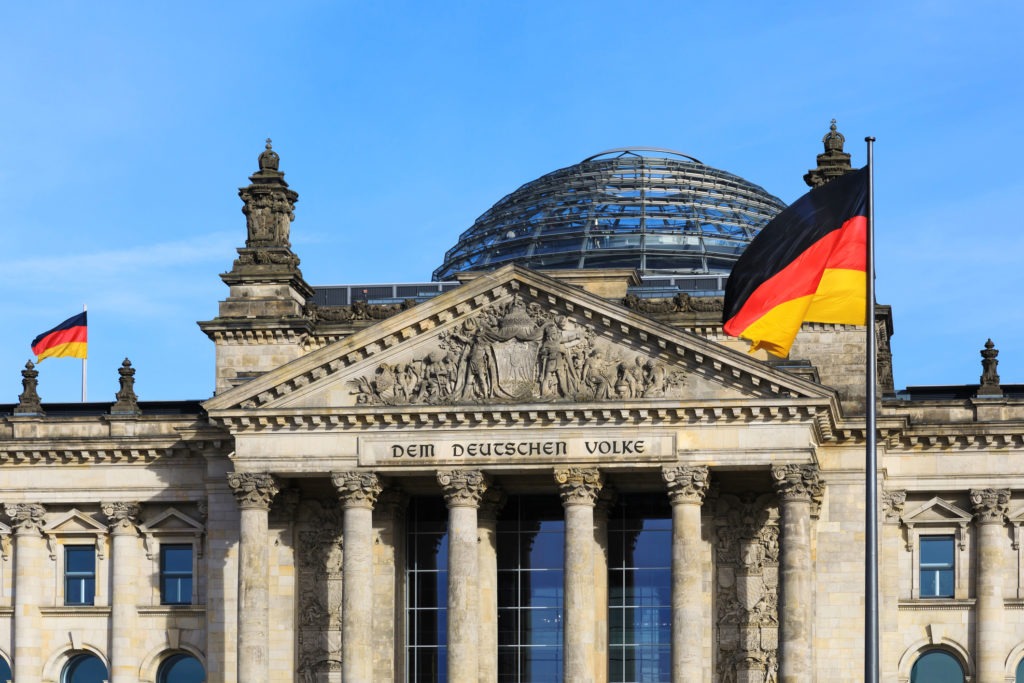Merkel commits to diesel in the short term but supports the end of ICE sales in the long term
15 August 2017

15 August 2017
In an interview with German magazine Super Illu, German chancellor Angela Merkel has expressed an ongoing commitment to diesel engines, saying ′we need modern diesel engines which meet the nitric oxide standards.’ The tax benefits for diesel engines also continue to make sense to Merkel, who commented: ′These benefits for diesel cars exist predominantly because they emit less CO2. In this regard, diesel is better than the petrol engine.’
However, Merkel did also say that the expansion of the charging infrastructure for electric vehicles must be a priority and conceded that bans on new registrations of cars with internal combustion engines (ICE) planned by 2030 or 2040 in other European countries such as the UK, France and Austria make sense. This suggests that sales of ICE cars will ultimately be banned in Germany too, although Merkel did not commit to a date, saying: ′I cannot name a precise year yet, but the approach is right.’
Merkel also commented on the manipulation of diesel exhaust emissions: ′We need to be enlightened on what has gone wrong in connection with the diesel engine emissions standards. These have been deceived and that needs to be clearly stated.’
She added that after the first diesel summit, we cannot simply return to business as usual. The chancellor sees confidence in the automotive industry as having been shattered, saying: ′It is up to the automotive industry to repair the damage, for example through trade-in bonuses and retrofitting of software,’ which are measures that have materialised since the Diesel summit. Merkel wants customers to be able to rely on the emissions values ″‹″‹they have been promised but wants ′to do everything to avoid driving bans, because we would then punish people who have bought a car in good faith.’
Further to the interview with Merkel, German magazine Der Spiegel reports that Merkel’s challenger in the parliamentary election, SPD candidate Martin Schulz, criticised Merkel’s statement as a demand for a ′diesel ban.’ However, an article in Der Spiegel challenges this interpretation, stating: ′At the weekend Merkel described the demand of Schulz for an EV quota as not yet ′exactly thought through’ during an election campaign speech in Dortmund. She rejected driving bans for diesel cars during her appearance.’
Schulz has called for binding quotas for electric vehicles, even though these have been dismissed by the EU, and is quoted as saying in Berlin on Monday that: ′Merkel has no plan for the future of the German automotive industry, that has become clear today.’